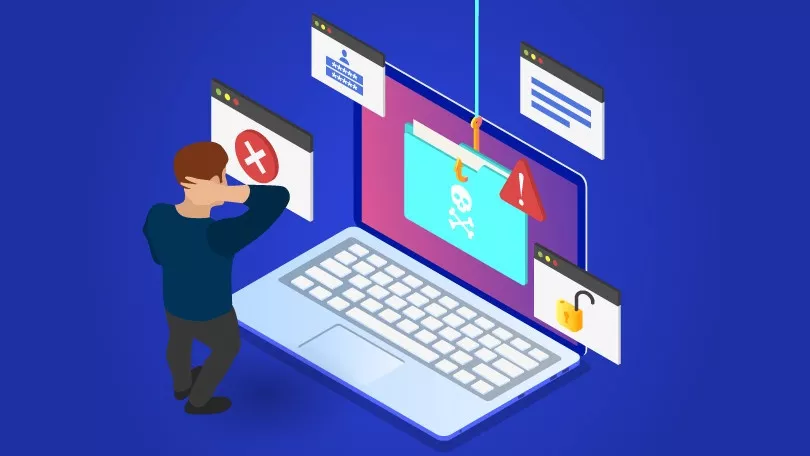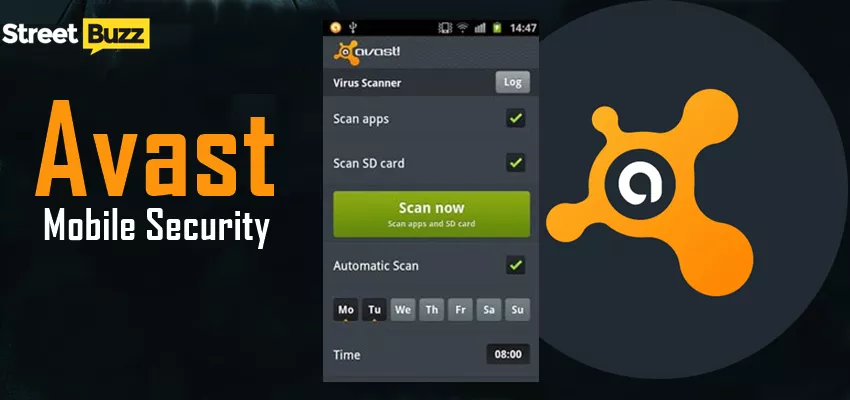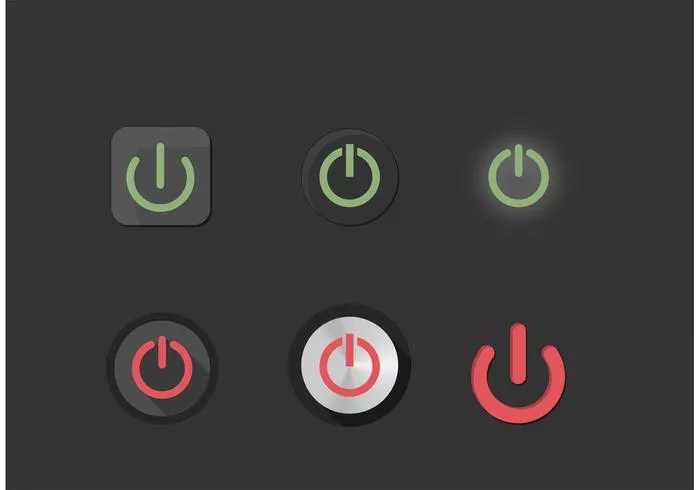Phishing scams are a real problem in the virtual world with real-world consequences. These scams take place through many channels. You may have received an e-mail offering millions of dollars, a call threatening with legal action, a text message with an amazing offer or a direct message on social media from a secret admirer. All of these have one thing in common, they’re too good or too bad (in case of the legal action) to be true.
It is about time that we stop pointing fingers at others when something bad happens and start taking responsibility for our own security (virtual and real both). Our internet providers can only do so much, e.g. Spectrum deals offer a security suite with its internet service to keep its customers safe from the moment they activate their service. However, there’s no alternative to awareness and common sense.
Here’s a list of the most fundamental steps to follow in order to avoid all sorts of such phishing scams.
Avoid Phishing through Emails
- Always check the details of the email to ensure the actual email address of the person sending it. If it’s an address you don’t recognize then delete it right away.
- It is highly recommended that you never click any links sent in such emails. Hover your mouse on a link to check the complete web address and in case of any doubt, forego clicking.
- No legit company or individual would send out an email without proof-reading it. After all, it is their first impression. So if the email has several spelling and grammatical errors it should go straight to the trash.
- Never open any images or links in an email if you don’t recognize the sender. They may be a fatal virus or malware in disguise.
- All popular email hosts like Gmail, Yahoo, etc. provide you with the option to set up spam filters. Use the filter to block such emails from entering your inbox. Problem solved!
- Report any email that you suspect is a phishing email to the relevant authority.
Avoid Phishing through Phone Calls
- Caller ID and Voicemail are two features that all providers offer. Use it! Check the caller ID when the phone rings. If it’s an unknown number let it go to voicemail. Scammers will never leave a message so you can know it wasn’t someone you need to speak to anyway.
- Whenever someone calls you claiming to represent a company or government department, get all the details and tell them you’ll call back. Always callback on the official number you find in the directory or their official website.
- Government departments will always send everything in writing so if someone denies you the right to written information then there’s definitely something tricky.
- Simplest of all, hang up if you’re not comfortable talking to a stranger.
Avoid Phishing through Text Messages
- Search the number online to see whom it belongs to. However, these days scammers have started creating fake numbers too.
- If the message demands immediate action or claims you’ve won something you didn’t sign up for then it’s definitely phishing.
- Request your phone service provider to block any text messages sent from an internet messaging service. These messages are usually spam.
- If you receive a message from your bank, for example, call them on their toll-free number written on the back of your debit card or on your bank statement to enquire about the problem.
Avoid Phishing through Social Media
- All personal information like your driver’s license, address, etc. should stay as the name suggests … personal!
- Online surveys to find out your mental age, spirit animal, and celebrity twin are all cool and fun but do you really know what the catch behind them is? Since you don’t know where the information is going, its best to avoid giving out anything that you may use as a password or security question at some point.
- It is not paranoia if you’re suspicious of random people contacting you claiming to be someone you know or that they are in love with you. If a face or name doesn’t ring any bells then leave them be.
- If you receive a message from a family member or friend asking you to verify personal information then call them up to confirm.
- There are many fake social media websites out there, so be very careful where you enter your username and password. Entering the URL manually instead of clicking links sent in emails is a good idea.
The purpose of this post is not to terrify you but to help you stay safe online.






